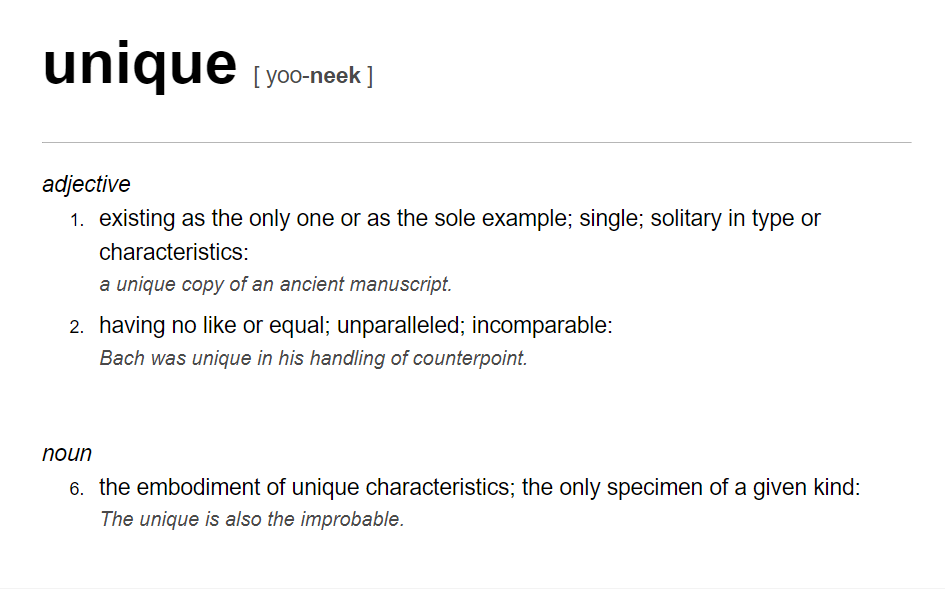Ever been in a conversation where someone gets upset, and suddenly, it feels like their anger means they’re automatically right? Or maybe you’ve tried really hard to say something in a way that absolutely no one could possibly find fault with, only to realize your message got totally lost? It’s a tricky balance, isn’t it?
This idea, that “just because you’re offended, it doesn’t mean you’re right,” and “if you try and please everyone, you’ll please no one,” really hits home when we talk about something super important: free speech. It’s about understanding that while our words have power, and we should be thoughtful, the world isn’t always going to agree with us, and that’s okay.
Think about it: we all have opinions. Like, I might think salad is boring, but my friend Jamie loves it and eats it every day. That’s just an opinion, and it’s totally fine to share. No one’s getting hurt. But what if someone says something that *is* offensive, like a homophobic or racist comment?
The research tells us that if a person of color says your opinion is racist, then it is. And if a homosexual individual tells you something is homophobic, you shouldn’t say it. This shows that while you might not *intend* to offend, if someone *is* offended and tells you why, it’s a sign to listen and learn.
The First Amendment protects our right to speak, but it doesn’t mean we have a “right to offend” without any consequences. You might not get arrested for saying something offensive, but you could still face social backlash, or even lose a job. So, just because you *can* say something, doesn’t always mean you *should*.
However, here’s where it gets complicated. Just because someone *is* offended doesn’t automatically mean that what was said was wrong, or that the speaker should be silenced. Free speech, at its core, protects all kinds of ideas, even those that might be deeply offensive to some.
The right to express yourself applies to everyone, even if their views are unpopular or challenging. If we only allowed speech that pleased everyone, or that no one could possibly find offensive, we’d end up with a very bland and uninteresting conversation. Imagine if every time someone felt a little uncomfortable, we had to shut down the discussion. We’d never be able to talk about important, difficult topics, or challenge old ideas.
This brings us to the second part of the idea: “if you try and please everyone, you’ll please no one.” If we’re constantly walking on eggshells, trying to craft every sentence to avoid any potential offense, our messages become watered down and meaningless. We lose the ability to express genuine thoughts, to debate, and to push boundaries.
True progress often comes from uncomfortable conversations, from ideas that challenge the status quo and might, initially, offend some people. Of course, this isn’t an excuse to be intentionally cruel or hateful. There’s a big difference between expressing a strong, perhaps unpopular, opinion and deliberately trying to hurt someone. International law, for example, allows restrictions on speech when it advocates hatred or incites violence.
But for most everyday disagreements, the goal shouldn’t be to make everyone happy, but to foster an environment where different ideas can be shared and discussed, even if they clash.
In the end, free speech is a powerful tool, but it comes with responsibility. We have the freedom to express ourselves, and that includes opinions that others might find offensive.
But that freedom doesn’t mean we’re immune to consequences, nor does it mean we should ignore the impact of our words. At the same time, we can’t let the fear of offending someone completely shut down open discussion. Being offended is a feeling, and while valid, it doesn’t automatically make one side right and the other wrong.
The real challenge is learning to navigate this space: speaking our minds thoughtfully, listening when others are hurt, and understanding that a healthy society needs both the freedom to speak and the courage to hear things we might not like, without demanding that every voice conform to a single, inoffensive standard.
Dr. Gwen Patrone














One Response
Gwen,
The one thing we should celebrate is the fact humans have the ability to communicate on a higher level than any other creature on our planet . We shouldn’t need to resort to violence , the written and spoken word should be enough to live our lives in reasonable harmony . BUT the problem is we still have very basic animal instincts , we still have the natural fight or flight traits that are still there to avoid possible harm or the ability to defend ourselves .
Part of our probelm is how we define words , some can’t differentiate between a debate and an argument , a debate should lead to a workable compromise whereas an argument could esculate into violence .
We must also accept that understanding is often linked to intelligence , it is a sad fact that some parts of the world lack basic education , partly through lack of funding and partly due to being intentionally witheld from it .
Perhaps we should be careful not to be too arrogant with our knowledge , some people may never understand how we choose to use our words , we can upset or offend them wihout realising it .
Social media is a wonderful addition to our lives but it’s also a abomination , it can give hope and help people live their lives but it can also destroy lives . I still feel we haven’t done enough to use it wisely , I also fear that AI isn’t going to improve things ( but then that’s my opinion !! ) .
I’m not a vindictive person but I also know I have up set and offended people but very rarely with malice .
We have two sayings to consider , ” Sticks and stones may break my bones but names will never harm me !” and , ” The pen is mightier than the sword !”
Conflict and war have been fought through the bad exchange of words but thankfully confict and war have been resolved with words , we must take care that we try and use words first to resolve things peacefully , very little is gained from violence .